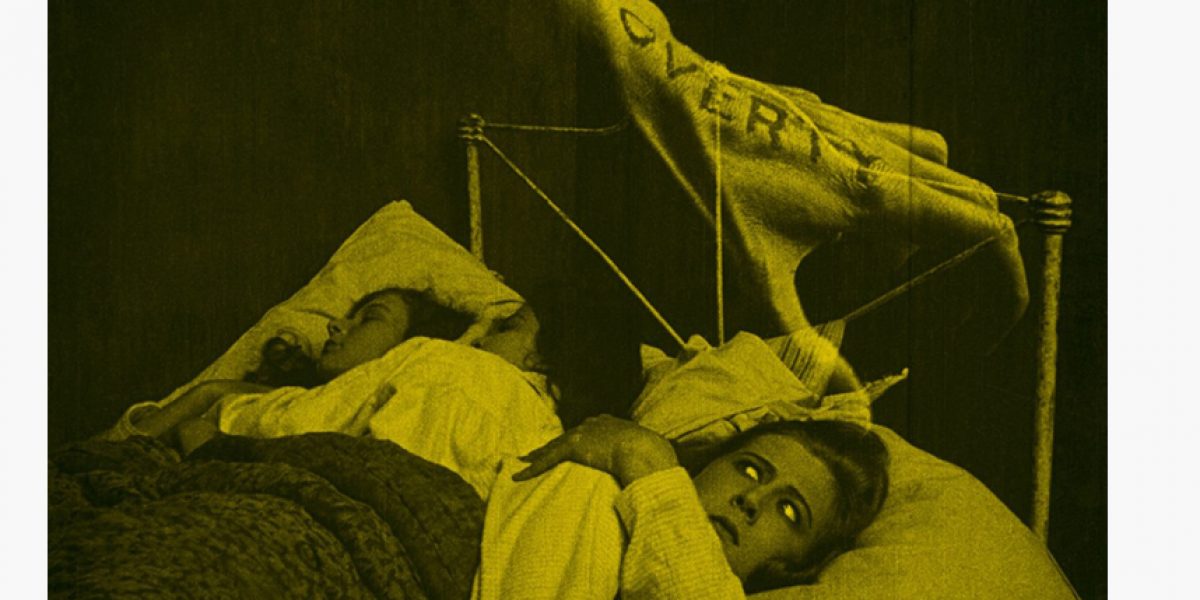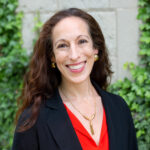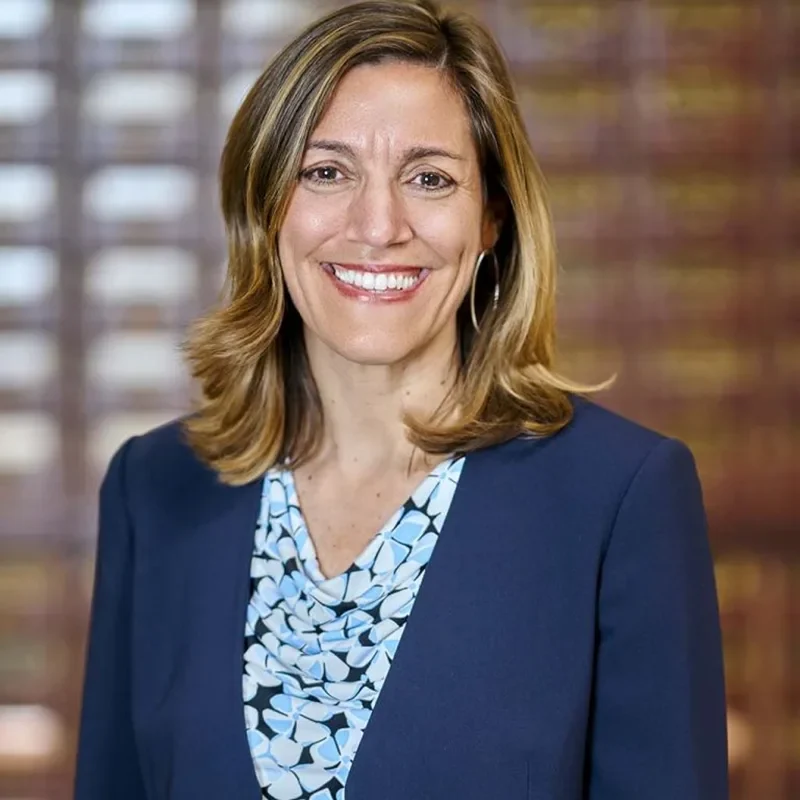

John Nein is a senior programmer at the Sundance Film Festival and deals primarily with US and international feature films. He also plans the festival’s panels and runs the Institute’s film preservation initiative. John grew up in Europe and the United States, studied history at Carleton College and earned his MFA from UCLA’s Film Directing program, where he made several award-winning shorts and lobbied tirelessly for better coffee in the vending machines.

A leading expert on women and early movie culture, Shelley Stamp is the author of the Lois Weber in Early Hollywood and Movie-Struck Girls, and curator of the award-winning collection Pioneers: First Women Filmmakers. She is Professor Film & Digital Media at the University of California, Santa Cruz, where she has twice won the Excellence in Teaching Award.

Allyson Nadia Field is Associate Professor Cinema and Media Studies at the University of Chicago. Her research focuses on African American cinema and is unified by two broad theoretical inquiries: how film and visual media shape perceptions of race and ethnicity, and how these media have been and can be mobilized to perpetuate or challenge social inequities. Grounded in sustained archival research, she is the author of Uplift Cinema: The Emergence of African American Film & The Possibility of Black Modernity; co-editor of Screening Race in American Nontheatrical Film and L.A. Rebellion: Creating a New Black Cinema; writer of essays featured in Cinema Journal, Film History, Framework, and more. Currently, Field is editing a special double issue on speculative approaches to film histories, working on two interrelated book projects, and researching the work of Luther J. Pollard and the Ebony Film Company. In 2021, she was appointed to the National Film Preservation Board by the Librarian of Congress as a representative of the Society for Cinema and Media Studies.
Event Image: Still from “Shoes”; Allyson Nadia Field © Erielle Bakkum.
Lorem ipsum dolores set amet conquis adores. Lorem ipsum dolores set amet conquis adores.
Lorem ipsum dolores set amet conquis adores. Lorem ipsum dolores set amet conquis adores.
Lorem ipsum dolores set amet conquis adores. Lorem ipsum dolores set amet conquis adores.

As President and CEO of the Library Foundation of Los Angeles (LFLA), Stacy Lieberman is an innovative and inclusive leader whose career dwells at the intersection of arts and culture, lifelong learning, storytelling, and equitable access. Stacy guides the Foundation’s philanthropic and public-facing priorities to serve the Los Angeles Public Library, embracing the notion that libraries are beacons of democracy where everyone is welcome. She works intentionally with community leaders, donors, and internal and external strategic partners to raise awareness and resources for the Library and its life-changing initiatives.
With more than 20 years of experience as a senior executive, Stacy has left an indelible mark on iconic L.A. arts, non-profit, and educational institutions such as The Broad, the Autry Museum of the American West, and the Skirball Cultural Center. Building on an early career in book publishing, she has dedicated her professional life to sharing stories and broadening the reach of public institutions to welcome visitors and students of all ages and backgrounds to experience educational, arts, and cultural opportunities.
| Cookie | Duration | Description |
|---|---|---|
| cookielawinfo-checkbox-analytics | 11 months | This cookie is set by GDPR Cookie Consent plugin. The cookie is used to store the user consent for the cookies in the category "Analytics". |
| cookielawinfo-checkbox-functional | 11 months | The cookie is set by GDPR cookie consent to record the user consent for the cookies in the category "Functional". |
| cookielawinfo-checkbox-necessary | 11 months | This cookie is set by GDPR Cookie Consent plugin. The cookies is used to store the user consent for the cookies in the category "Necessary". |
| cookielawinfo-checkbox-others | 11 months | This cookie is set by GDPR Cookie Consent plugin. The cookie is used to store the user consent for the cookies in the category "Other. |
| cookielawinfo-checkbox-performance | 11 months | This cookie is set by GDPR Cookie Consent plugin. The cookie is used to store the user consent for the cookies in the category "Performance". |
| viewed_cookie_policy | 11 months | The cookie is set by the GDPR Cookie Consent plugin and is used to store whether or not user has consented to the use of cookies. It does not store any personal data. |